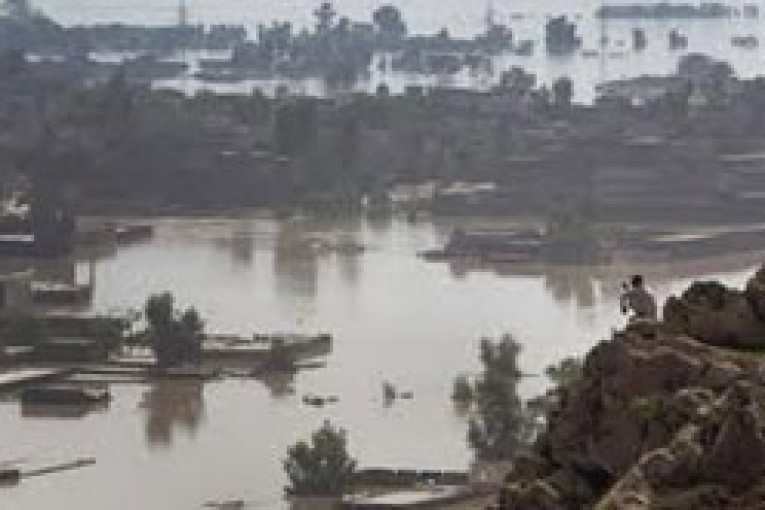|
 A decade ago the world governments in 2000 under the aegis of the United Nations agreed to the 15-year antipoverty plan, which came to be known as Millennium Development Goals, or MDGs, to be achieved by 2015. However, a recent report released by the Geneva-based U.N. Research Institute for Social Development (UNRISD) has stated that the United Nations is ignoring the critical role of jobs and income equality in its strategy to fight world poverty and hunger, to the detriment of developing nations. A decade ago the world governments in 2000 under the aegis of the United Nations agreed to the 15-year antipoverty plan, which came to be known as Millennium Development Goals, or MDGs, to be achieved by 2015. However, a recent report released by the Geneva-based U.N. Research Institute for Social Development (UNRISD) has stated that the United Nations is ignoring the critical role of jobs and income equality in its strategy to fight world poverty and hunger, to the detriment of developing nations.
Nevertheless, the U.N. has said it is on track to halve the number of people living on less than $1 a day by 2015, but the picture is mixed for other MDGs, particularly in the fields of health, education and the environment. Emphasizing that the people need jobs to combat poverty; the UNRISD report has called for adoption of new approaches to address mounting income inequalities. The report further observes: “Despite an ambitious agenda, the MDGs nonetheless represent a cautious approach to social development. A number of critical issues and obstacles to overcoming poverty have not been addressed.”
One can hope that the forthcoming summit of world leaders being summoned by U.N. Secretary-General Ban Ki-moon from September 20 to 22 in New York succeeds in adopting an action plan to achieve all the goals in the next five years.
Recently concluded World Water Week, held in Stockholm, has drawn attention to water as means of achieving the United Nations’ Millennium Development Goals (MDGs) on alleviating poverty and hunger by 2015. The MDGs were agreed in 2000 and include halving by 2015 the number of people without sustainable access to safe drinking water and basic sanitation. But the Stockholm Statement stresses that in addition to these specific water-related MDGs, water is a core cross-cutting element for reaching every other development goal. Access to water and sanitation is a prerequisite for ending poverty and hunger, achieving gender equality and improving health and environmental sustainability, and should therefore be put higher on the agenda.
The statement calls for improved water management to avoid drastic increases in hunger caused by more floods and drought, and says access to water and sanitation is vital to increasing women’s opportunities to work and participate in society. In particular, the statement urges the upcoming UN summit to improve international commitments made by all governments on the provision of sanitation and water for all, given that a “five-year drive on sanitation […] is seriously lagging behind”.
|

